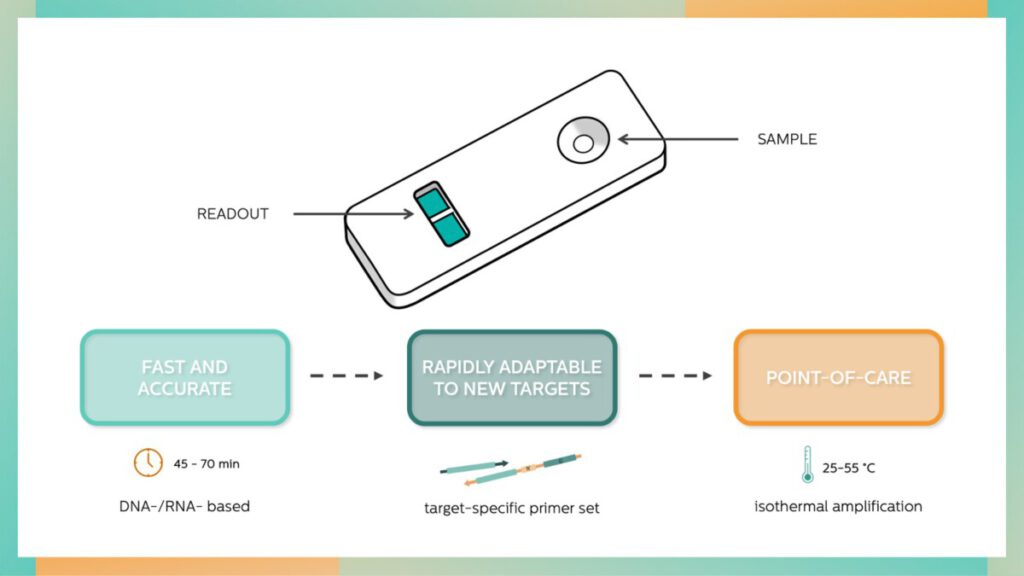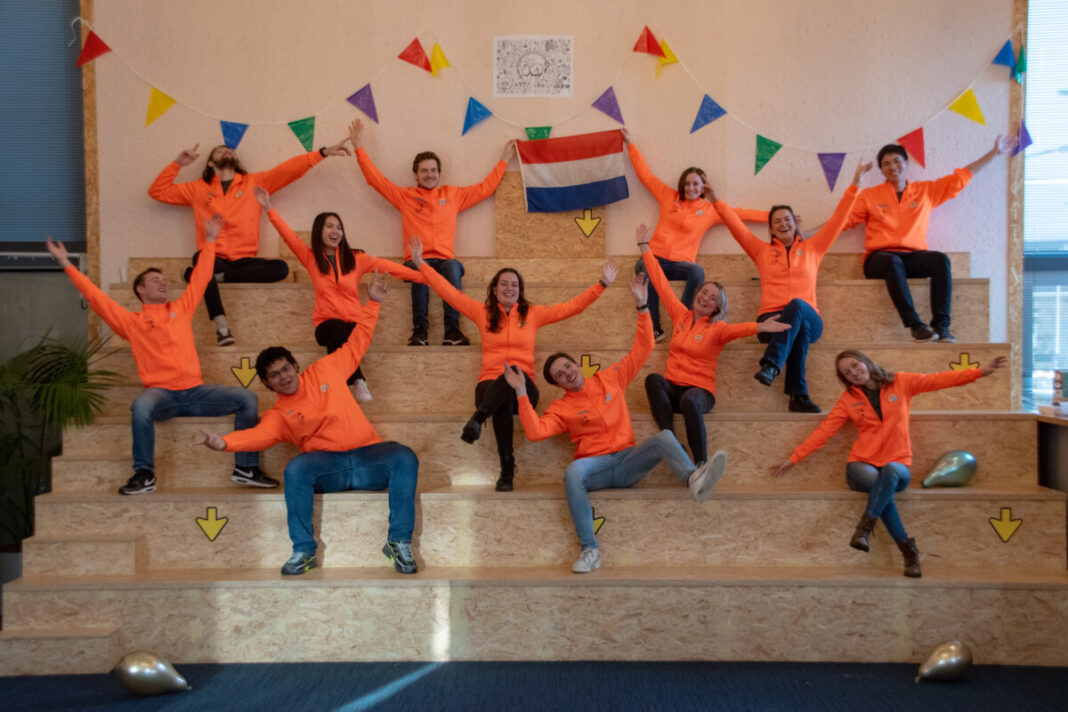A group of Leiden University students, our very own neighbours here at PLNT, just won an award for their new disease detection system!
The detection kit, inspired by the coronavirus pandemic, can be adapted to test for multiple respiratory diseases. Should their design go into mass production, a base kit could be on standby world-wide if another pandemic were to ever break out (but don’t get any ideas 2021). This would completely change the way we deal with future pandemics on a global scale.
Well done neighbours for winning the iGem (International Genetically Engineered Machine) award! This is an international competition, originating from MIT, for students who use synthetic biology to create new products and services in the environmental and health spheres.
READ MORE ︱PLNT Leiden — the spot for Innovation and Entrepreneurship (and DutchReviews’ homebase!)
How does the detection kit work?
The best thing about this test kit is that it’s fast — you can have a positive or negative result for a disease within an hour. All it takes is a simple nasal swab, explained Biomedical Science student Amber Schonk.
But the students’ design can act as a base for all kinds of disease tests. Lucy Chong explained that the kit can be adjusted for diseases which require blood and saliva samples too. But for now, they’re focusing on respiratory diseases which, as we have seen with the coronavirus, spread much quicker.
The fundamental importance of such a base kit is the time it saves us when it comes to containing the virus in the early stages of its spread. Rather than building new test kits from scratch for every new disease that pops up, this on-hand kit can quickly be adjusted to detect new viruses before they spread too far.

The speed of the test comes down to an all-together new way of approaching disease tests. Rather than detecting the antibodies that our bodies produce in reaction to a virus, this kit detects the DNA of the virus itself. Since it can take time for our bodies to react to an infection, by detecting the virus’ DNA instead, this allows for much faster results.
How the coronavirus inspired their project
The Leiden-based students were deciding on projects to pursue around February this year, just as the coronavirus was spreading. Rather than trying to compete with large global companies that would be creating tests for the coronavirus, the students saw a more long-term gap that they could help fill. Seeing that the key to stopping a pandemic in its early stages was speedy testing, they developed an idea that would help better prepare our world for future pandemics.
READ MORE ︱City of knowledge! Why Leiden might just be the smartest city of the Netherlands
What happens next?
Winning this award is certainly not the end of the students’ journey, nor does it guarantee that the project will be realized on a practical level. The team will soon be meeting with experts on diagnostics to improve upon their current model, and are looking into developing the hardware of the device, explained Tim van den Akker. If all goes well, the team hopes to have a physical product ready that can be distributed globally.
— iGEM_Leiden (@iGEM_Leiden) November 22, 2020
What do you make of these students’ achievements? Let us know in the comments below.
Feature Image: Leiden University students/Supplied


